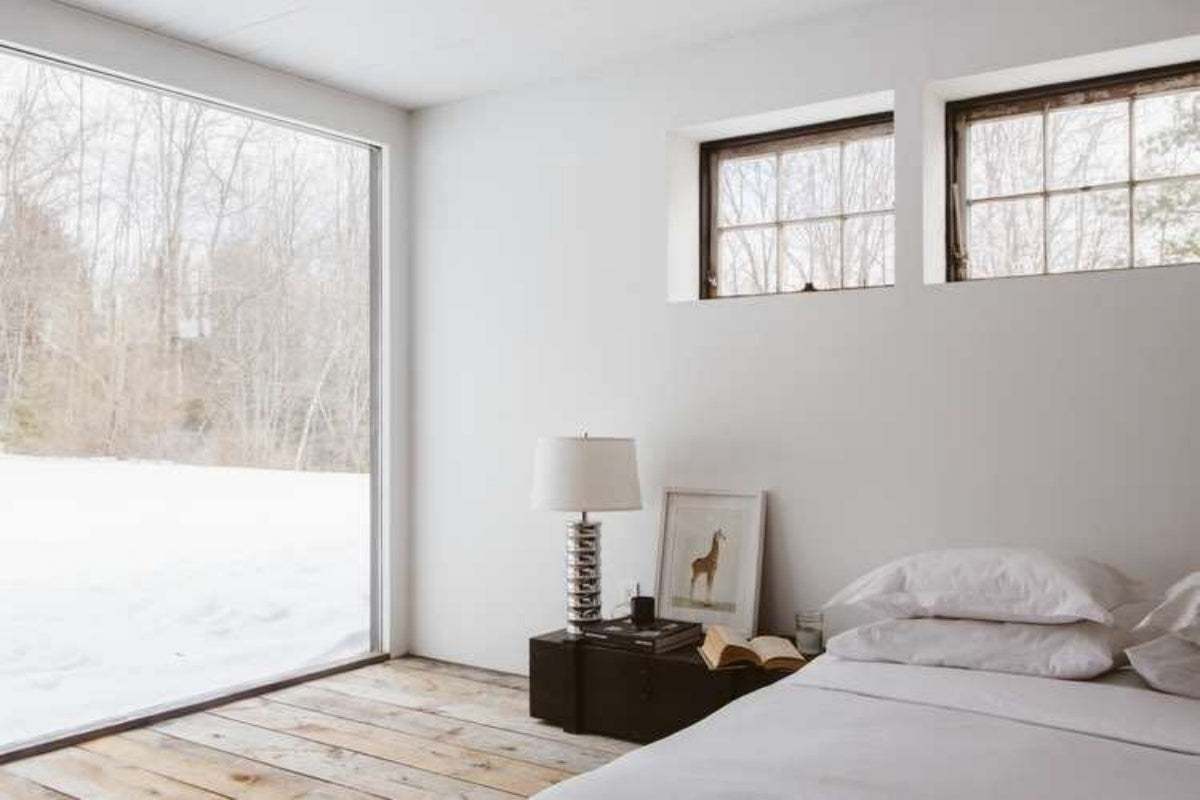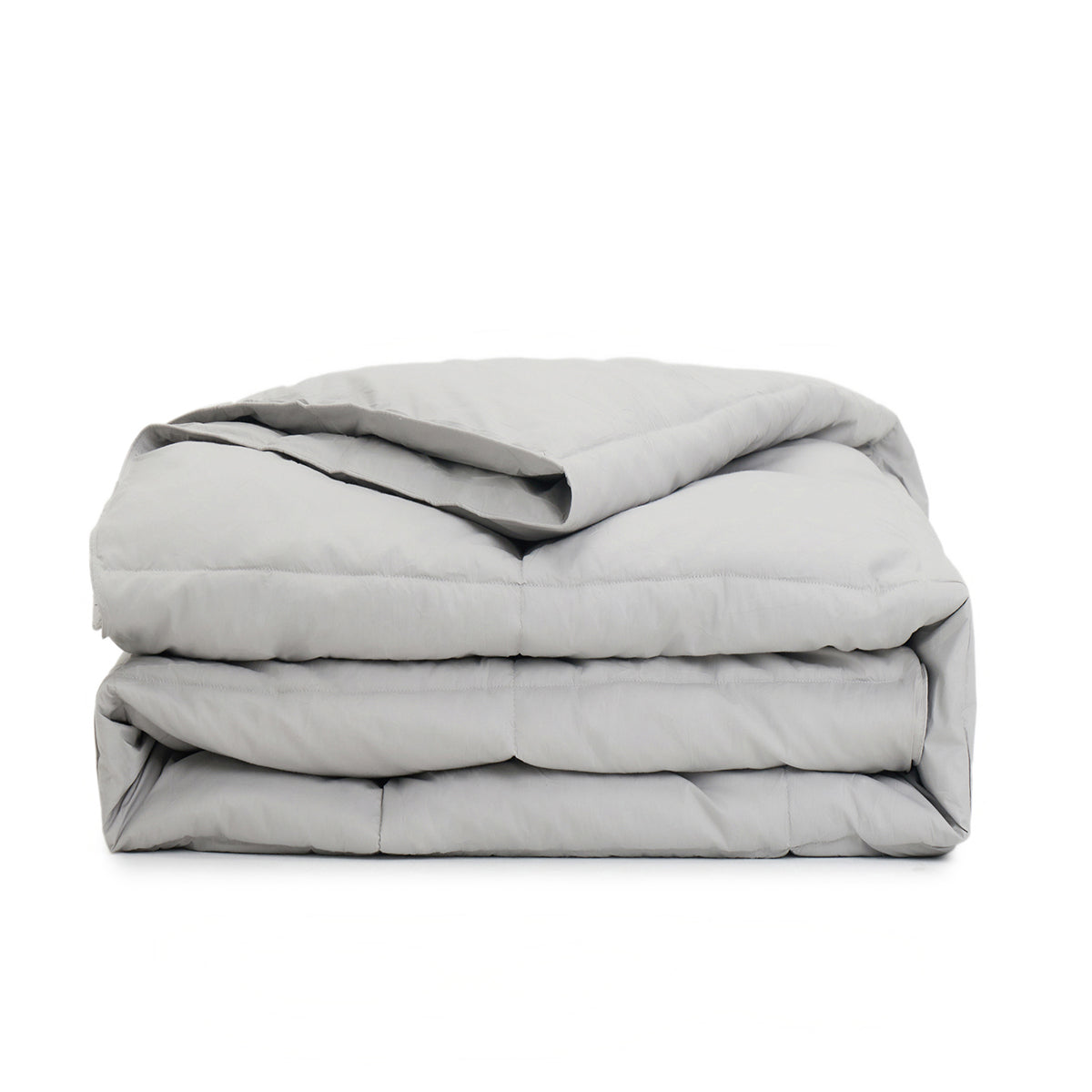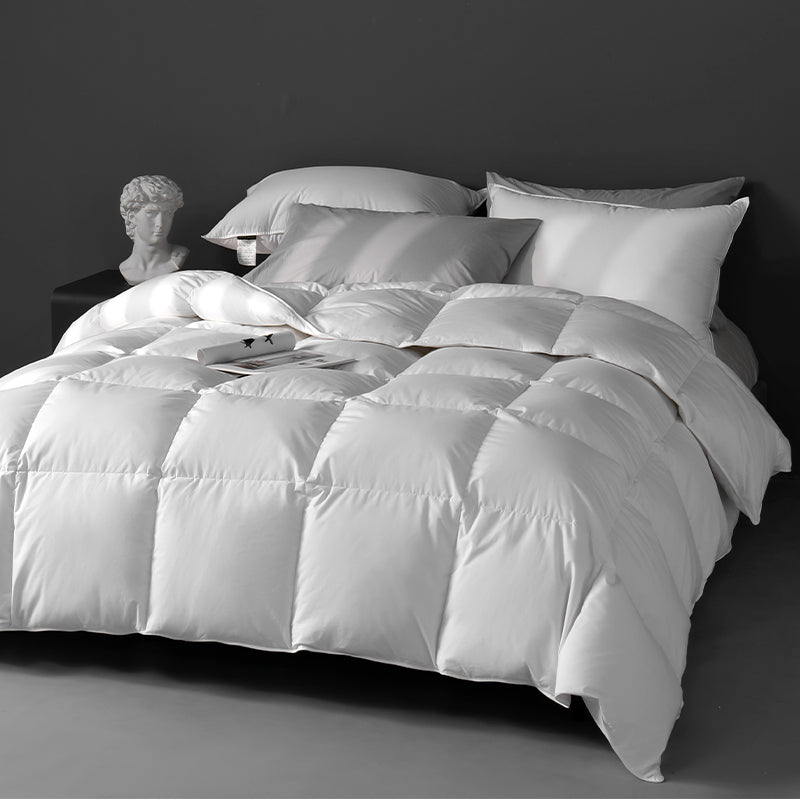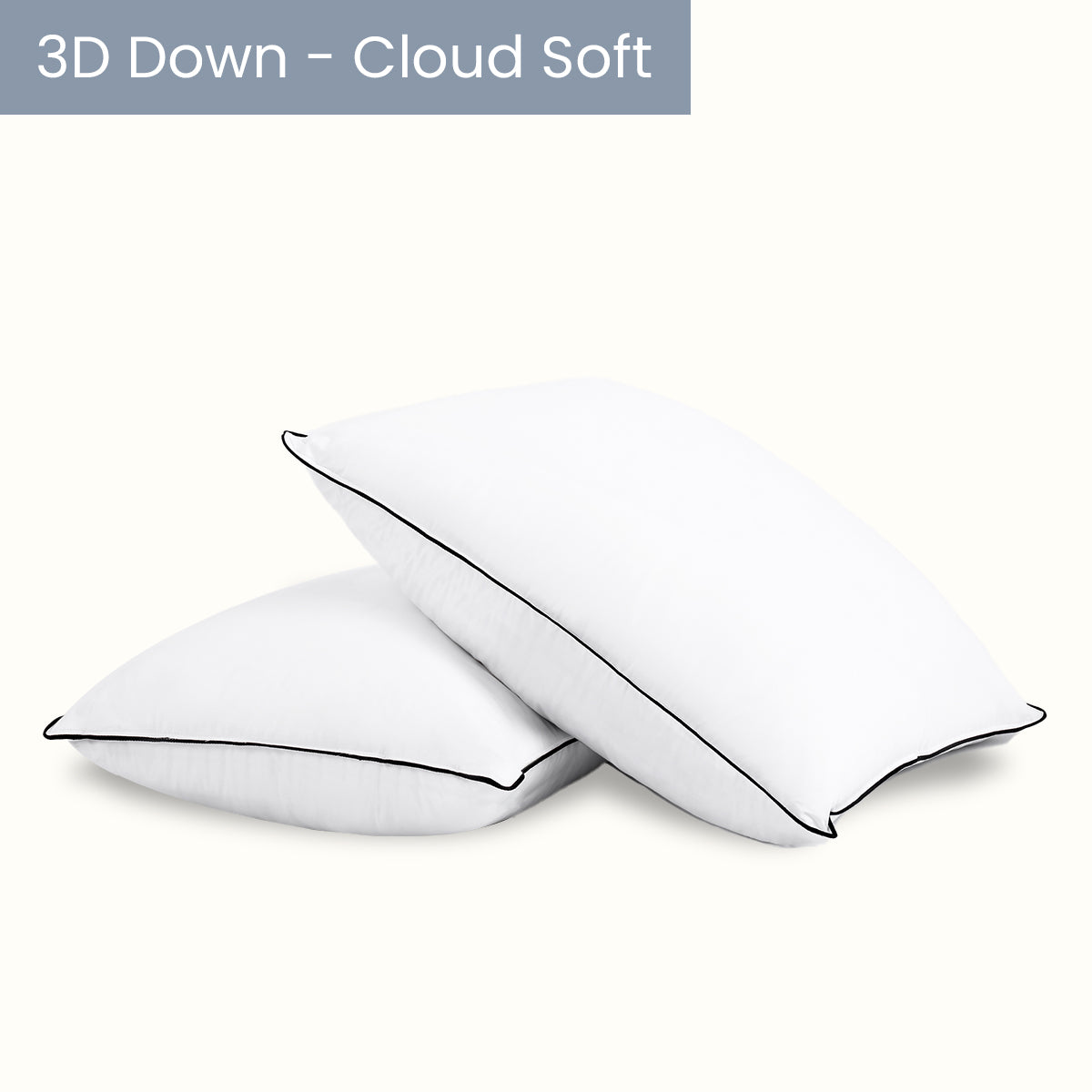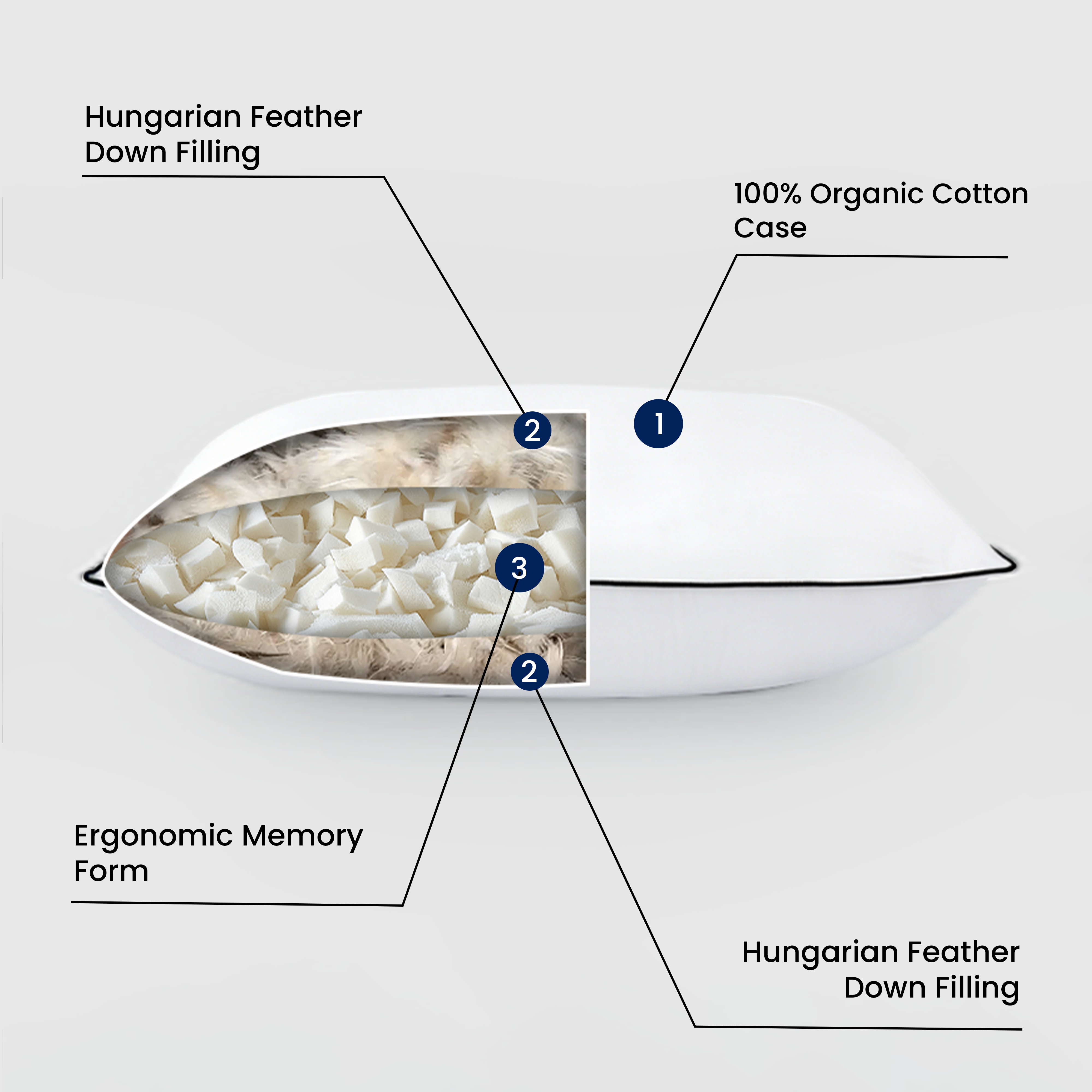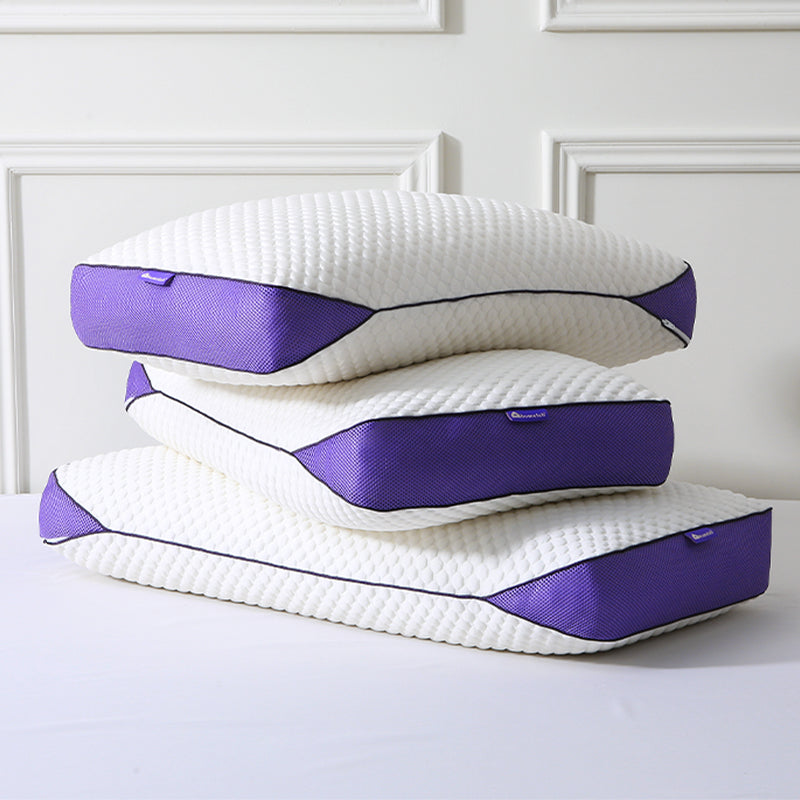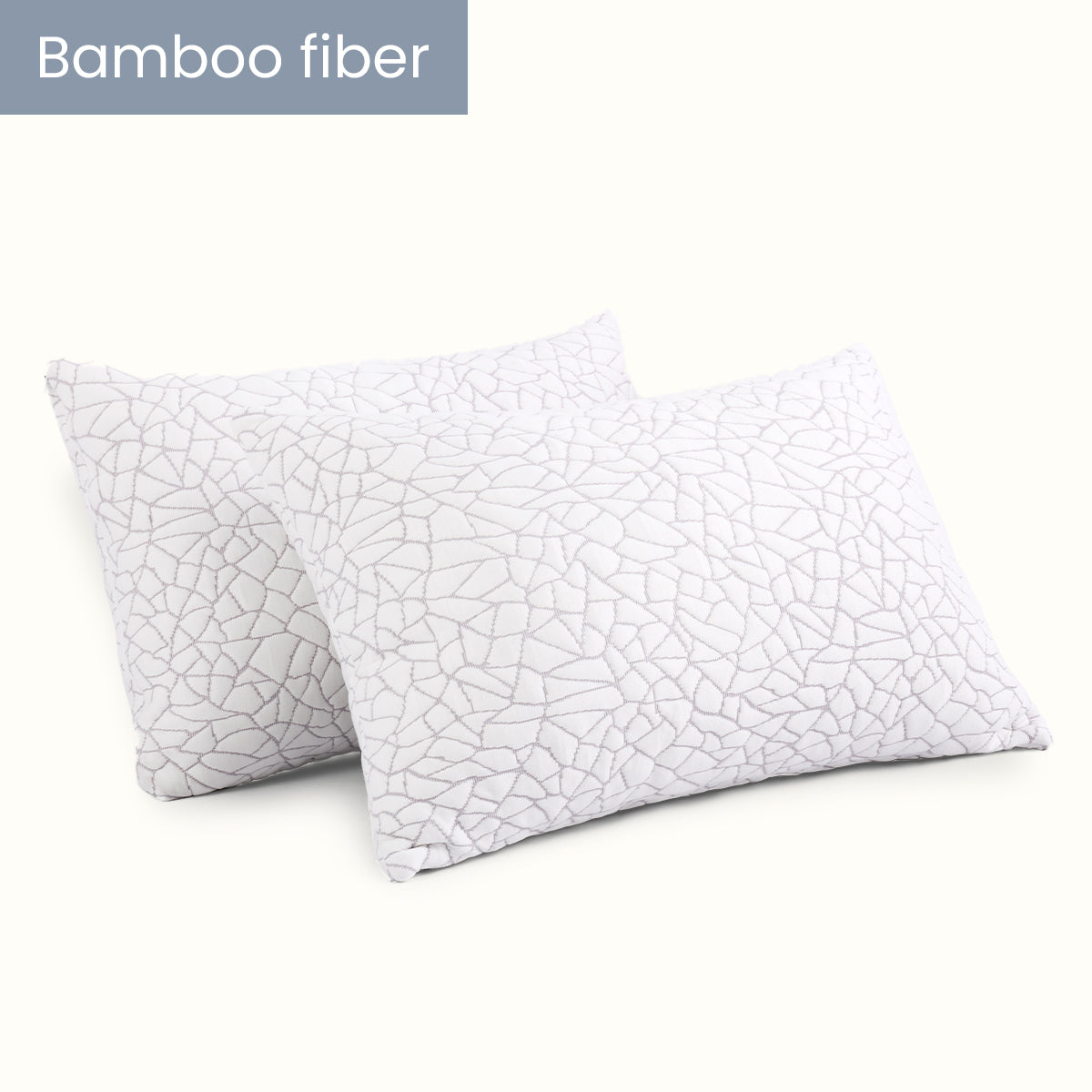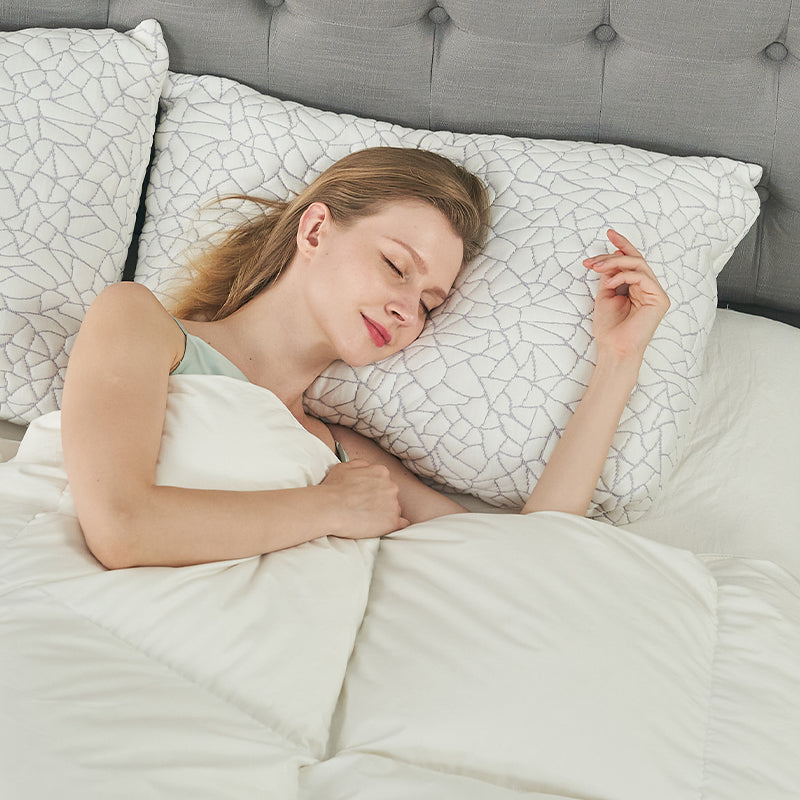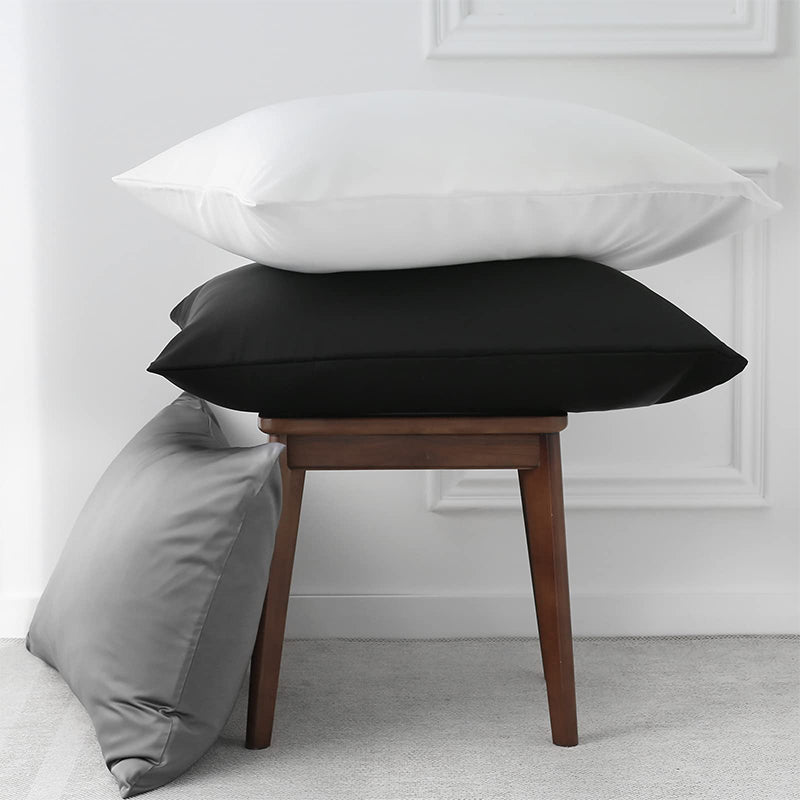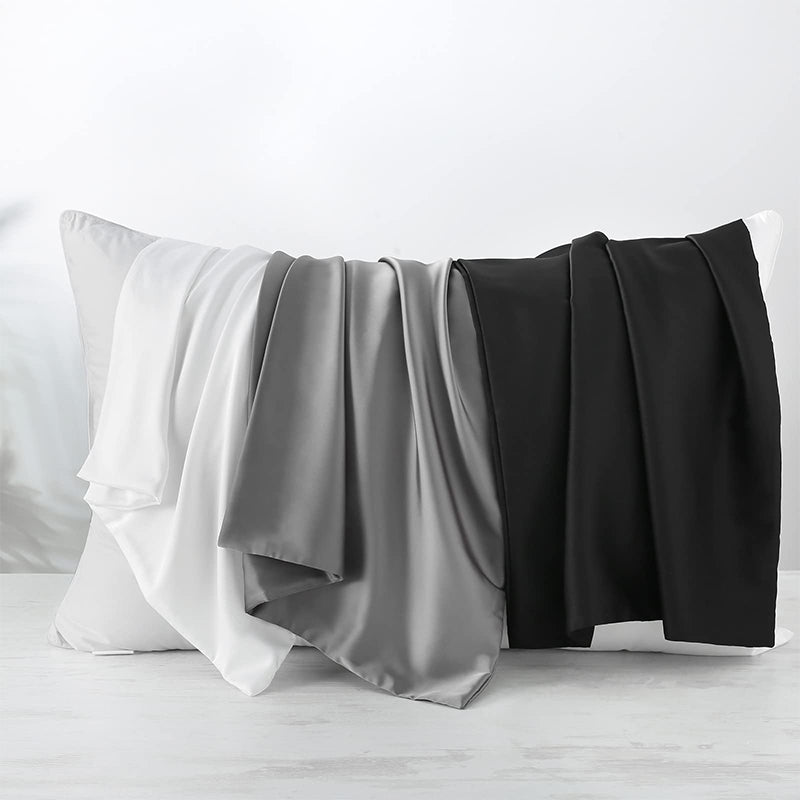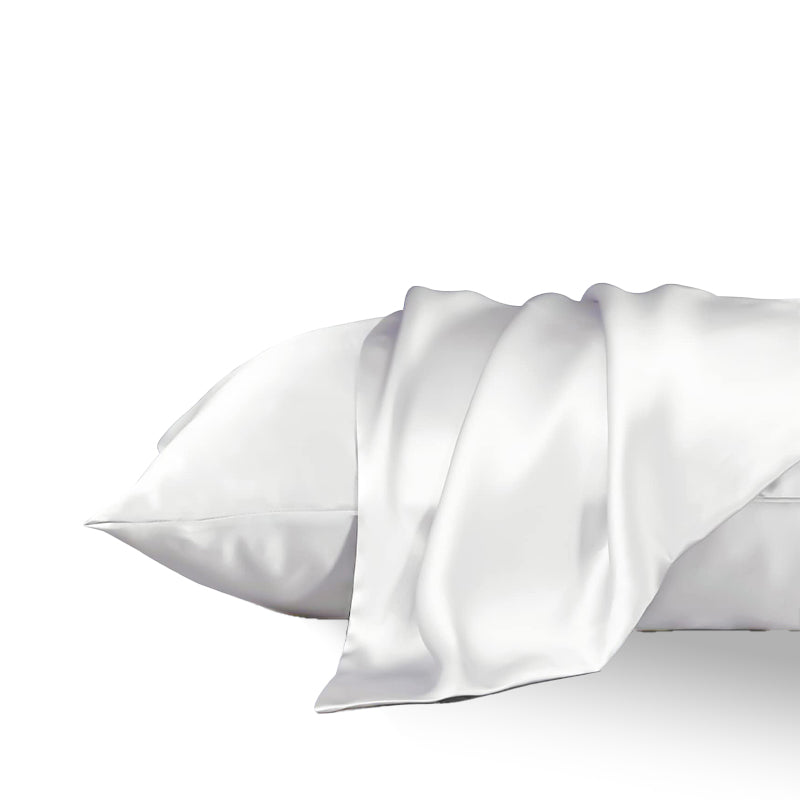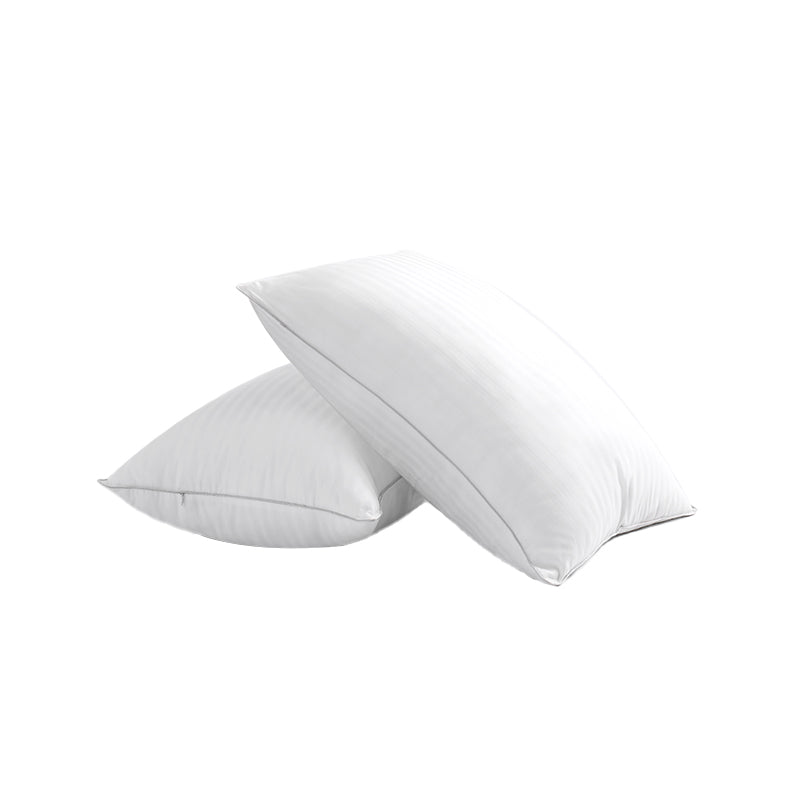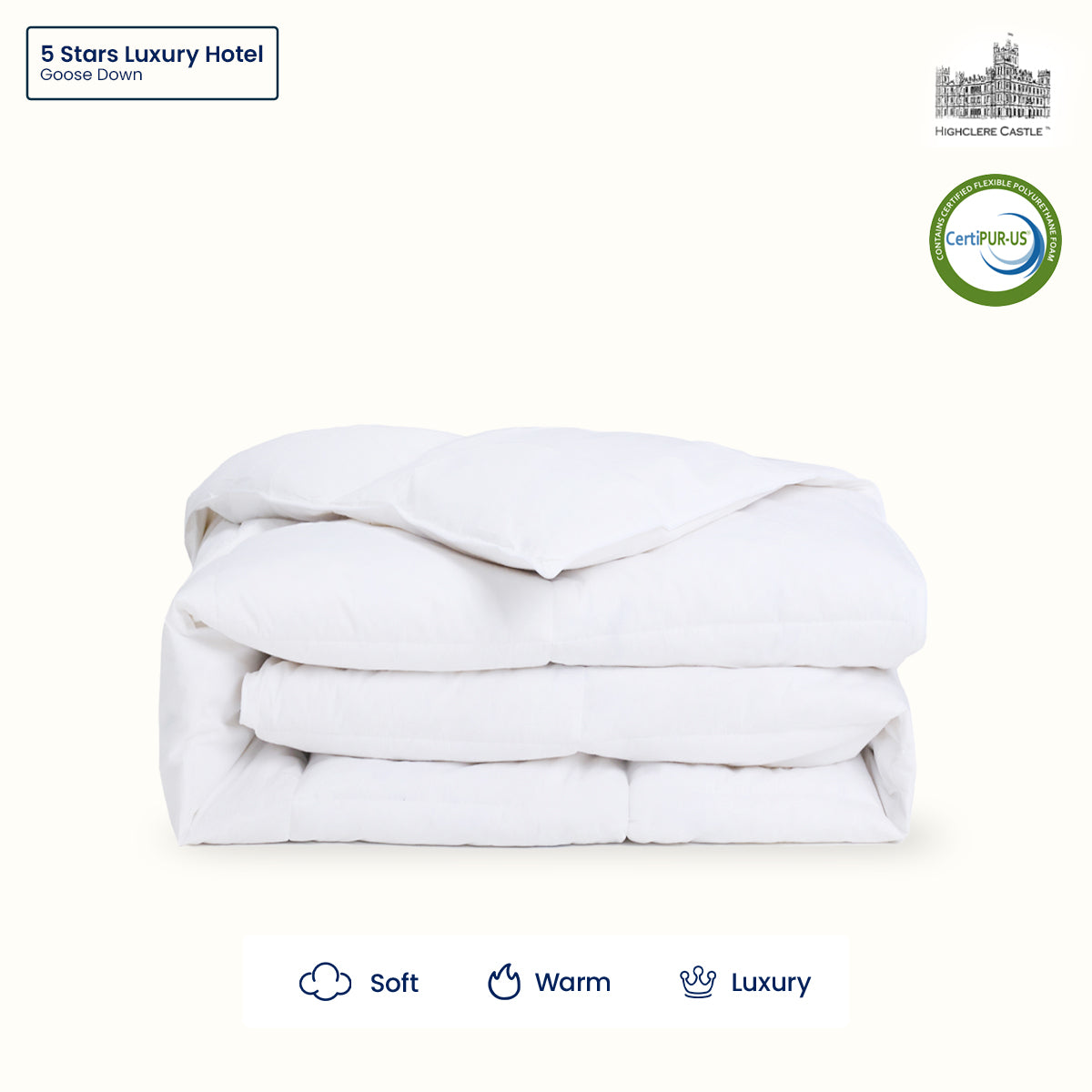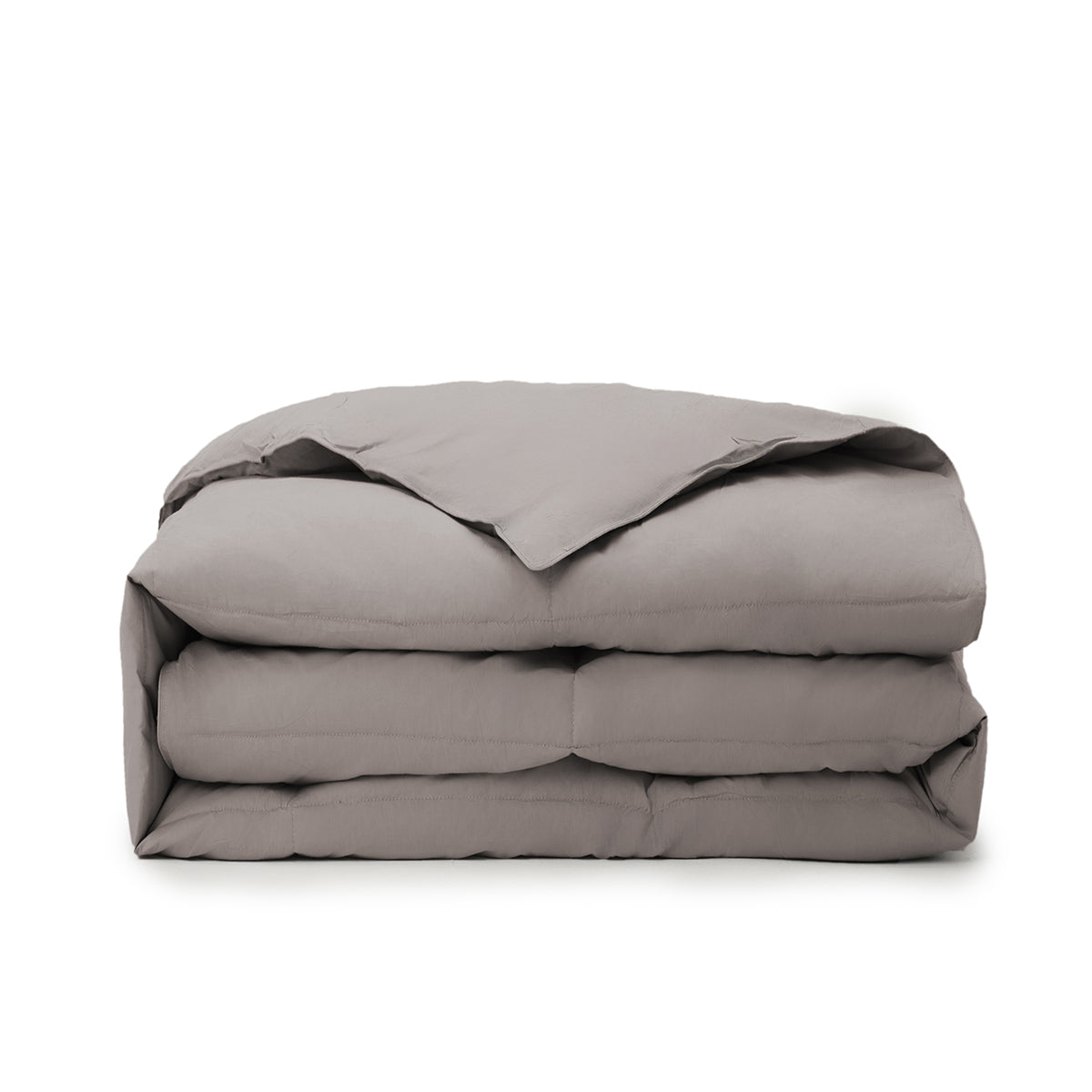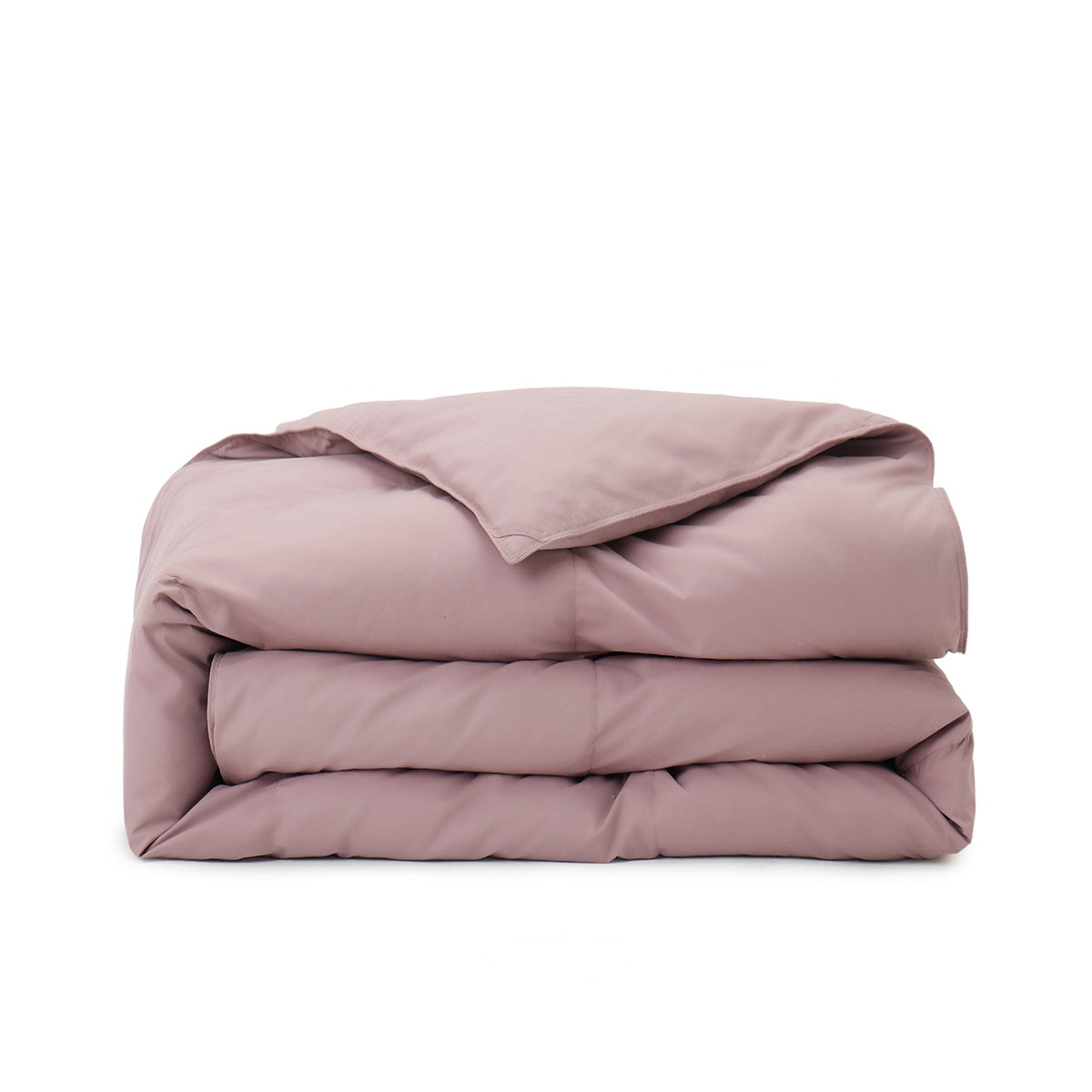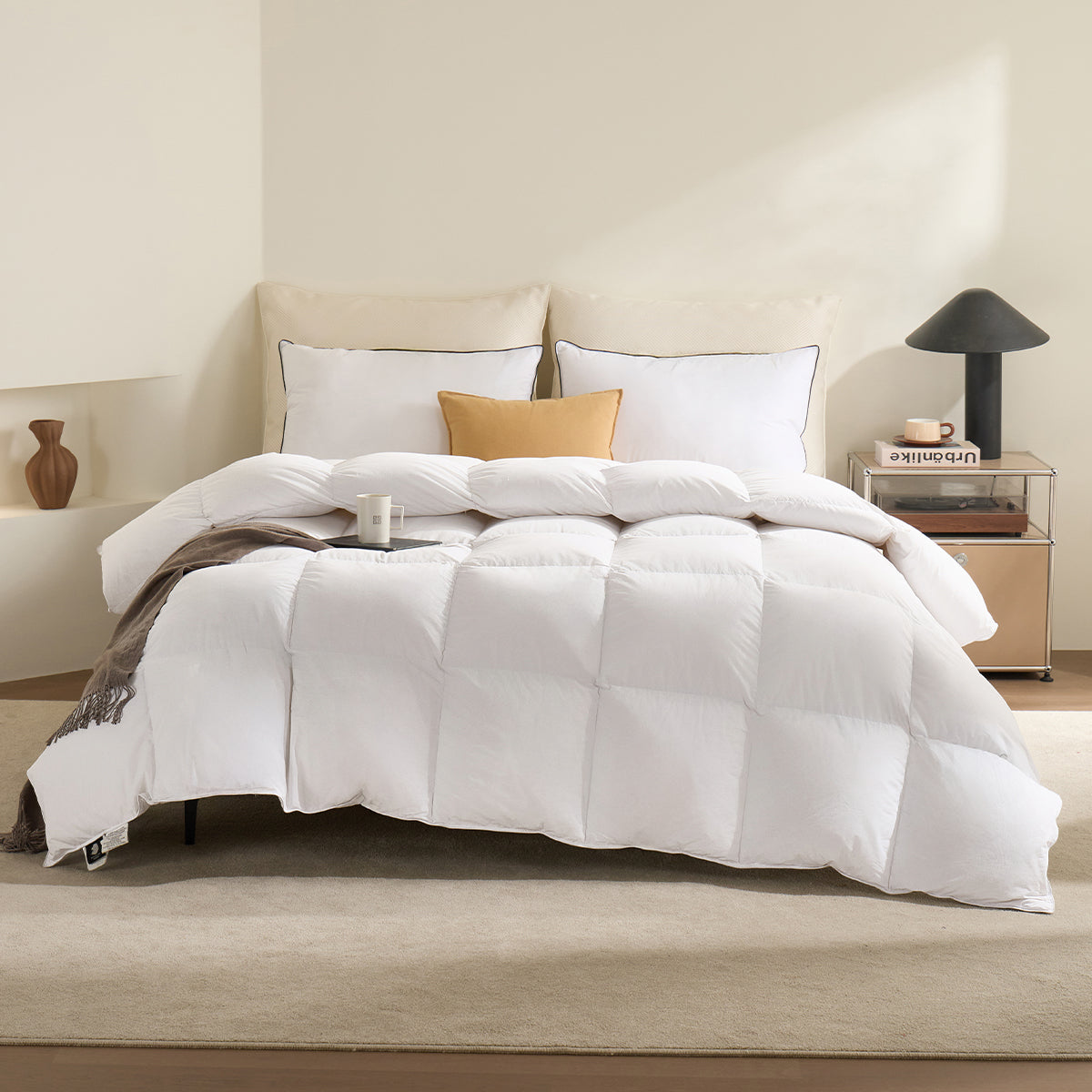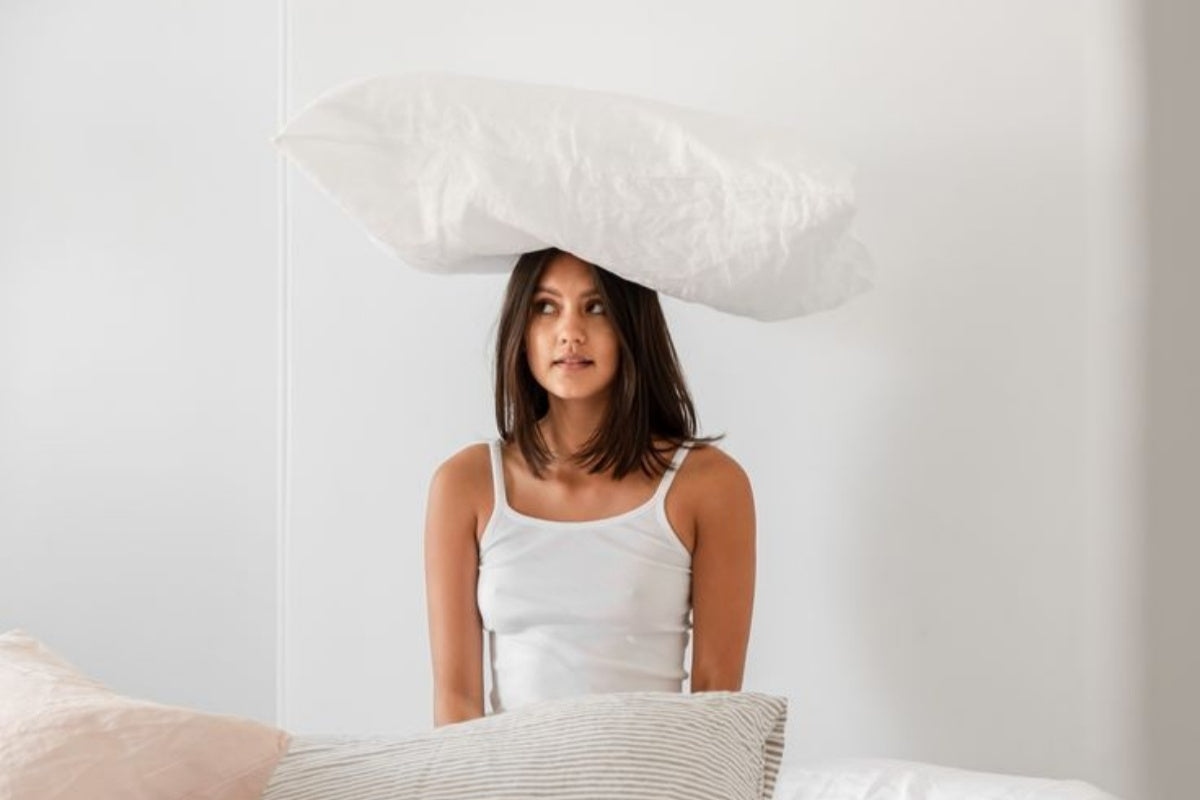Morning light filters through sheer curtains, casting soft shadows across bare wooden floors. A low-profile bed frame stands without fuss, dressed only in crisp, high-quality linens. This isn't a scene from a design magazine—it's what happens when minimalism meets the most personal space in our homes.
The Beauty of Empty Spaces

Minimalism isn't about deprivation—it's about creating room for what really matters. By stripping away excess, minimalist bedrooms achieve something remarkable: they become sanctuaries for rest and clarity.
"People often mistake minimalism for emptiness," says interior designer Sarah Thompson. "But a well-designed minimalist bedroom feels anything but empty. It feels intentional, peaceful, and surprisingly luxurious."
Design Principles That Work
1. The 80/20 Rule: Most people use only 20% of their bedroom items 80% of the time. Minimalism simply removes the unused 80%.
2. Quality Over Quantity: One exceptional blanket beats five mediocre ones. This applies to every item in the room.
3. Breathing Room: Empty surfaces and clear floors aren't wasted space—they're visual rest stops for tired minds.
Why It Works

Neuroscience supports what minimalists have known for years: clutter competes for our attention, even during sleep. A Stanford study found that people sleeping in minimalist environments reported:
- 19% faster time to fall asleep
- 23% fewer nighttime awakenings
- 17% longer deep sleep periods
The Thoughtful Essentials
Every item in a minimalist bedroom earns its place. Take bedding, for example. The best minimalist bedrooms often feature:
- A single, high-quality duvet that adapts to seasons
- Two sets of simple, neutral-colored linens
- One carefully chosen decorative pillow (or none at all)
This edited approach creates a space that's easy to maintain and deeply restful. As sleep expert Dr. Michael Breus notes, "The best sleep environments don't stimulate—they soothe. Minimalism naturally creates those conditions."

Making It Personal
The magic happens when minimalism meets individuality. A single piece of meaningful art. One cherished photograph. A small stack of beloved books. These carefully chosen items gain more significance when they're not lost in clutter.
"Minimalism shouldn't feel sterile," advises lifestyle coach Emma Wilson. "Your bedroom should still whisper 'you'—just in a quieter, more deliberate way."
The Surprising Benefits
Those who adopt minimalist bedrooms often report unexpected bonuses:
- Easier morning routines (no clothes piles to navigate)
- Reduced allergy symptoms (less dust accumulation)
- Lower stress levels (visual calm has real psychological effects)
- Increased appreciation for what they own
A Note on Transitioning

Start small: clear your nightstand tonight. Notice how it feels tomorrow morning. Many find that once they experience the clarity of a minimalist space, they naturally want to continue the process.
As architect Ludwig Mies van der Rohe famously said, "Less is more." In the bedroom, this philosophy transforms from design principle to daily gift—the gift of space, peace, and truly restful sleep.
Click here to visit APSmile homepage: Down Duvet|APSMILE

#apsmile duvet #ap smile #apsmile daunendecke #apsmile comforter #apsmile down comforter #down duvet #best comforter for cold sleepers #apsmile goose down comforter #down comforter #best down comforter #down alternative comforter #down comforter king #goose down comforter #down comforter queen #down comforters #best down alternative comforter #king down comforter #king size down comforter #down comforter use guide, #down comforter care tips #how to keep down comforter fluffy #down comforter no odorb #long-lasting down comforter #down comforter cleaning, #wash down comforter, #dry clean down comforter, #how to clean a down comforter, #down comforter care tips, #down comforter washing guide, #dry cleaning vs washing down comforter #best winter comforters

